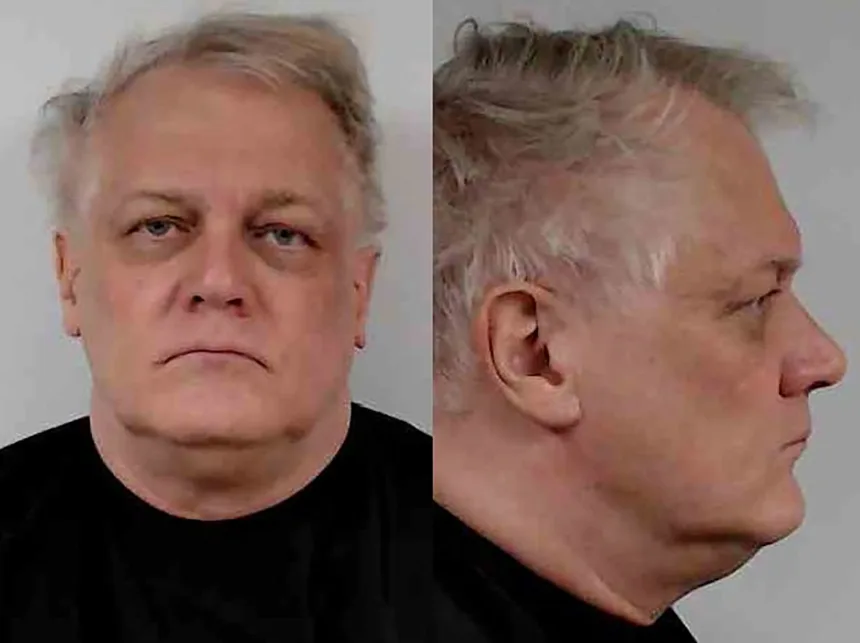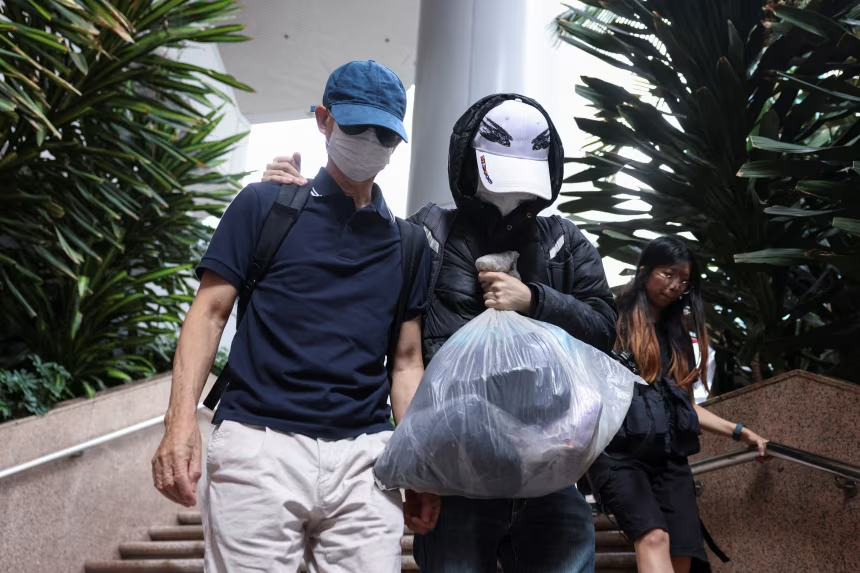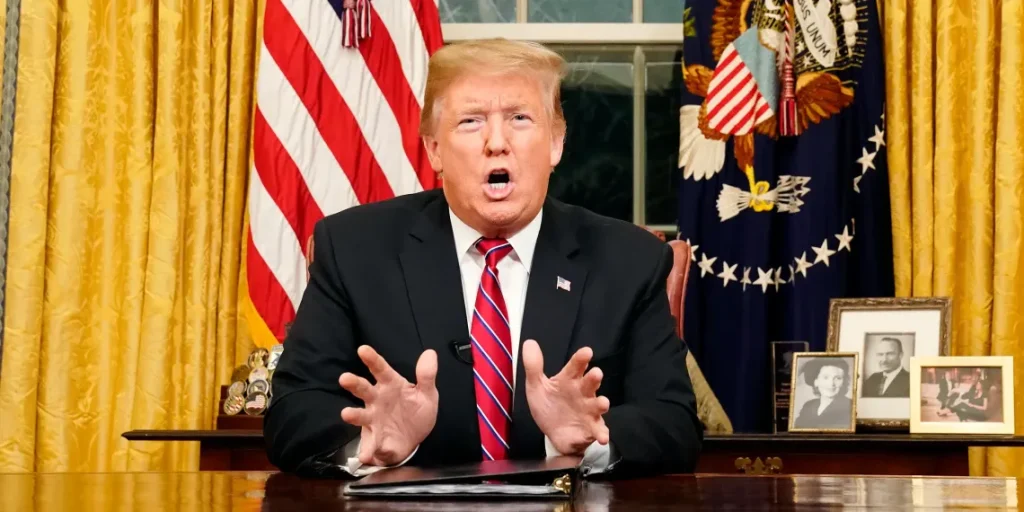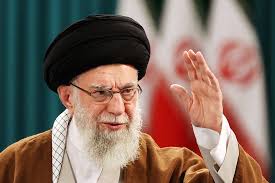Now Reading: U.S. Strikes on Iran Ignite U.N. Showdown as Russia, China Demand Ceasefire and Warn of Escalation
-
01
U.S. Strikes on Iran Ignite U.N. Showdown as Russia, China Demand Ceasefire and Warn of Escalation
U.S. Strikes on Iran Ignite U.N. Showdown as Russia, China Demand Ceasefire and Warn of Escalation
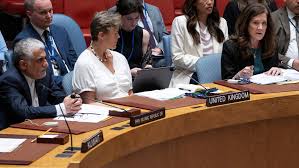
Global tensions surged on Sunday, June 22, 2025, as the United Nations Security Council convened an emergency session to address the United States’ coordinated military assault on Iran’s nuclear infrastructure—an act Russia and China slammed as reckless and unlawful. The strikes, which targeted key sites at Fordow, Isfahan, and Natanz, have brought the world dangerously close to a full-blown Middle East war.
U.N. Secretary-General António Guterres declared the moment a “perilous turn,” warning the Security Council that immediate action is needed to prevent uncontrollable escalation. The U.S. attacks, carried out with support from Israel, represent the most significant Western military aggression against Tehran since the 1979 Iranian Revolution, prompting widespread condemnation and urgent diplomatic maneuvering.
Russia, China, and Pakistan have jointly submitted a draft resolution calling for an immediate and unconditional ceasefire. China’s U.N. envoy Fu Cong cautioned that “peace in the Middle East cannot be achieved by the use of force,” stressing that diplomacy had not yet been exhausted. Russia’s Ambassador Vassily Nebenzia invoked the U.S.’s 2003 Iraq playbook, warning the Council not to fall again for what he called “American fairy tales” built on unverified threats.
U.S. acting Ambassador Dorothy Shea defended the strikes, saying Washington could no longer tolerate Tehran’s “obsessive quest” for nuclear weapons and its threats to annihilate Israel. She accused Iran of evading accountability and hiding behind stalled negotiations. Israel’s envoy Danny Danon backed the move, calling it “a last line of defense” and warning that a nuclear Iran would be “a death sentence” for both Israel and the global order.
Iran’s U.N. Ambassador Amir Saeid Iravani called the attacks a blatant violation of international law, accusing the U.S. and Israel of sabotaging diplomacy. He argued that Tehran’s nuclear ambitions remain peaceful and claimed the nuclear non-proliferation treaty (NPT) is being weaponized politically. Iran, which requested the Security Council meeting, insists it has provided no reason for military provocation and called the strikes “aggression masked as preemption.”
U.N. nuclear watchdog Rafael Grossi briefed the Council, revealing that while IAEA teams observed impact craters at Fordow and tunnel strikes at Isfahan, full assessment of damage remains impossible due to limited access. Despite the strikes, Iran reported no radiation leaks across its sites. Grossi confirmed that Iran had informed the IAEA of containment integrity at all three targeted facilities as of Sunday.
The draft resolution submitted by Russia, China, and Pakistan condemns attacks on nuclear facilities and urges restraint from all sides, though it stops short of directly naming the U.S. or Israel. A vote could come as early as this week, but with the U.S. expected to veto, the path to de-escalation remains fraught. Britain’s Ambassador Barbara Woodward urged all parties to “return to the negotiating table” and warned that military action alone will not resolve the nuclear crisis.
